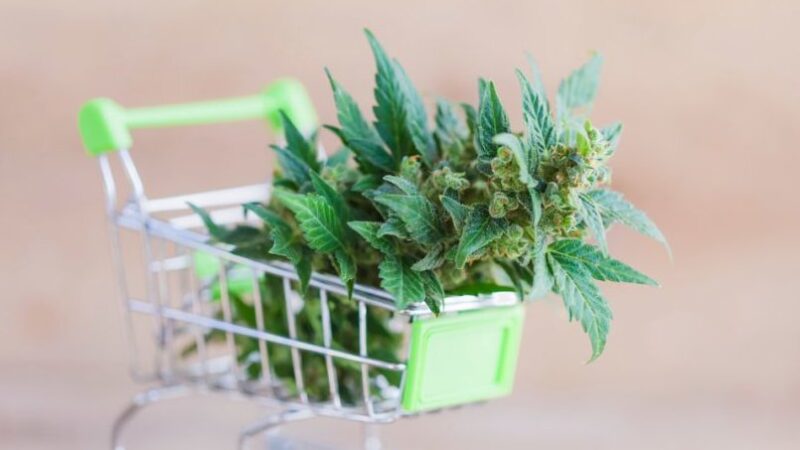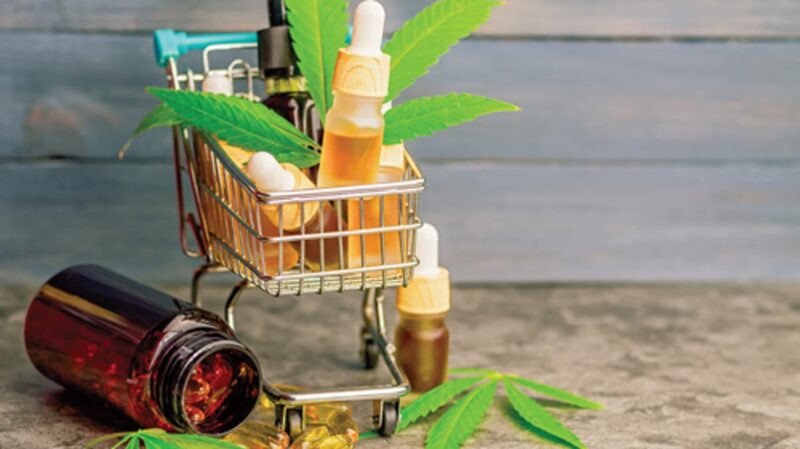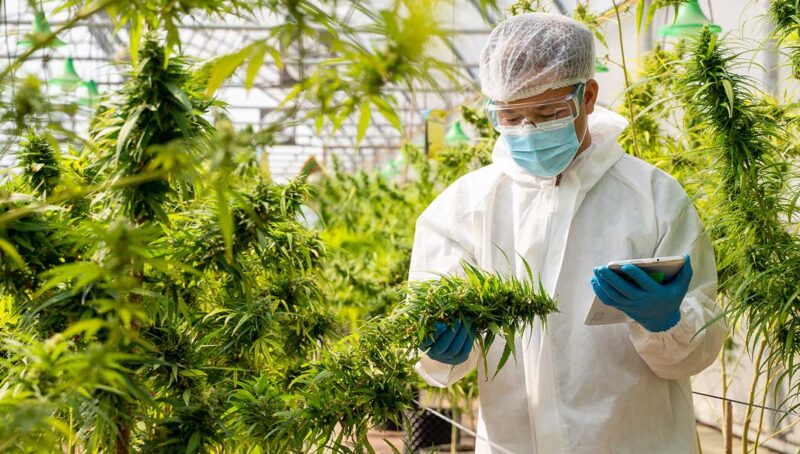Starting your journey with wholesale hemp suppliers can feel overwhelming. Building strong partnerships is the secret to securing high-quality products and growing your business. Whether you’re planning to stock shelves, manufacture products, or resell, the key lies in fostering reliable connections that stand the test of time. Here’s everything you need to know.
Key Points
- Establish trust with suppliers by starting small.
- Know the legal and logistical aspects to avoid common mistakes.
- Communicate clearly and negotiate fair terms for long-term success.
- Vet suppliers thoroughly for quality, compliance, and reliability.
Starting with the Right Supplier: The Foundation of Your Business Success

A dependable supplier isn’t just a product provider; they’re a partner in your business growth. THCA hemp flower wholesale from Zaza Distro connects you directly with farms across California. Their transparency and competitive pricing make them an excellent starting point.
Partnering with the right supplier ensures consistent product quality, timely deliveries, and smooth operations. A good relationship creates room for negotiation, helps resolve issues faster, and gives you peace of mind when scaling your business.
Recognizing Quality Hemp Products: What Sets the Best Apart
Not all hemp products are created equal. Knowing how to distinguish quality ensures you avoid pitfalls and disappointments. Hemp’s texture, color, and aroma tell you much about its quality. Green hues often indicate freshness, while strong, earthy aromas suggest proper curing.
Key quality indicators:
- Appearance: Premium hemp looks vibrant, not dull or brittle.
- Texture: It should feel sticky, not dry or crumbly.
- Smell: A rich, natural scent often signals quality.
Always request lab reports to confirm cannabinoid content, purity, and safety. Don’t settle for anything less than excellence when it comes to your inventory.
Building a Relationships
Think of suppliers as your business partners who need nurturing. Communication builds trust, and small actions go a long way. For example, start with smaller orders to test reliability and create opportunities for feedback.
Transparency matters too. Share your business vision and long-term goals to help your supplier understand your needs. Negotiate reasonably but stand firm on critical aspects like quality assurance and delivery timelines. Relationships flourish when both parties feel their interests are valued.
Legal and Logistical Hurdles You Need to Tackle

Buying hemp isn’t as simple as placing an order. Regulations vary across states and countries, and failing to comply can result in severe consequences. Logistics, too, can become tricky, especially during transportation.
Compliance Checklist:
- Verify that suppliers meet federal and state regulations.
- Ensure the products come with Certificates of Analysis (COAs).
- Keep updated records of all transactions.
When it comes to shipping, always have proper documentation ready. Hemp’s similarity to marijuana can confuse law enforcement, so clarity in labeling and paperwork avoids unnecessary delays.
Steps to Navigate Pricing and Negotiate Like a Pro
Pricing affects everything in your business. Going for the lowest bid may seem tempting, but cheap often compromises quality. Instead, focus on fair pricing that reflects product value and aligns with your budget.
- Research the average cost for the product.
- Highlight your intent to create a long-term partnership, which often leads to discounts.
- Ask for sample products before committing.
- Offer consistent orders for better rates.
Remember, negotiation isn’t about winning; it’s about finding common ground that benefits both sides.
Identifying Red Flags in Supplier Partnerships

Not every supplier operates with integrity, so staying vigilant is critical. Watch out for common warning signs, including vague responses about product origins, delayed communication, or inconsistent pricing.
What to avoid:
- Suppliers unwilling to share lab results.
- Deals that sound too good to be true.
- Reluctance to offer references or testimonials.
If you encounter any of these issues, reconsider the partnership. Reliable suppliers stand by their products and maintain professional transparency.
Scaling Your Business with Trusted Suppliers
Once you’ve built a strong relationship, consider scaling up your operations. Expanding inventory or increasing order volume often leads to better pricing and more favorable terms. However, scaling should be deliberate and aligned with your capacity.
Start with incremental growth to ensure you can handle increased demand. Your supplier’s reliability will prove invaluable during this stage, especially when managing larger volumes and tighter timelines.
Investing in Long-Term Success: Loyalty Pays Off
Strong partnerships don’t just improve your business; they simplify it. Loyal suppliers offer benefits like early access to new products, exclusive discounts, and priority shipping.
Tips for maintaining loyalty:
- Pay invoices promptly to show reliability.
- Provide constructive feedback about products.
- Celebrate mutual successes, like increased sales or product milestones.
Suppliers appreciate businesses that value collaboration. Make yourself indispensable by being professional, clear, and consistent in your dealings.
Expanding Supplier Networks: Should You Diversify or Stick to One?
Working with multiple suppliers has pros and cons. Diversifying reduces risks like stock shortages and ensures competitive pricing. On the flip side, managing multiple partnerships requires more effort.
Advantages of diversifying:
- Access to a broader product range.
- Mitigation of supply chain disruptions.
Disadvantages:
- Higher administrative workload.
- Possible inconsistencies in quality.
Weigh the pros and cons based on your business needs. Some companies thrive on exclusivity, while others benefit from variety.
Mastering the Art of Supplier Communication

Clear communication is a game-changer. Suppliers appreciate clients who know what they want and express it effectively. Instead of vague requests like “I need some flower,” specify quantities, cannabinoid percentages, and other critical details.
Use tools like emails, phone calls, or even site visits to keep communication active. Regular updates ensure both sides stay aligned, especially during busy seasons or product launches.
Building strong relationships with hemp suppliers requires effort, trust, and strategic planning. When done right, it paves the way for seamless operations, consistent growth, and a competitive edge. Start small, stay transparent, and treat suppliers like true business partners.








